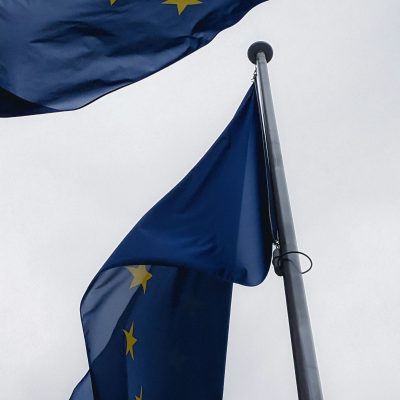Europe and the crisis of democracy, elections in Europe: 1999 – 2002
Proceedings of the seminar organised by Notre Europe,Sciences Po, (Paris) and the European University Institute (Florence) Paris, October 11, 2002

Since 1999, Europe has been experiencing a period of electoral turmoil, mainly characterised by the emergence of populist movements led by somewhat offbeat characters: Jörg Haider’s FPÖ, Jean-Marie Le Pen’s Front National, the Pim Fortuyn List, etc. While recent polls have prompted much comment and passionate debate, an important aspect of the phenomenon has been ignored. What lessons can be drawn at European level from the rising protest vote in many countries of the Union? And are there any direct or indirect links between these national shocks and the European integration process?
The question is worth asking, at a time when the European Union is preparing to complete a historic enlargement process and is in the midst of a debate on its institutional architecture which will necessarily require it to reflect on its relationship with citizens.
However, we should not underestimate the complexity of the matter. It is hard enough to determine what lessons the European elections hold for the Union. Given the lack of clear European issues, these are often no more than life-size surveys of the popularity of the governments in power. We must therefore be all the more cautious when looking at national polls, where European affairs have generally been brushed under the carpet.
While initial analyses have focused on political supply (populist movements and their charismatic leaders), our aim, within the framework of this exercise, was to examine the demand side. Why have voters rejected the “traditional” parties and lent their support to protest groups?




